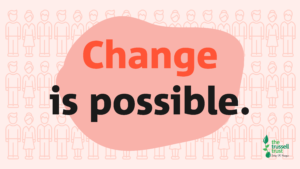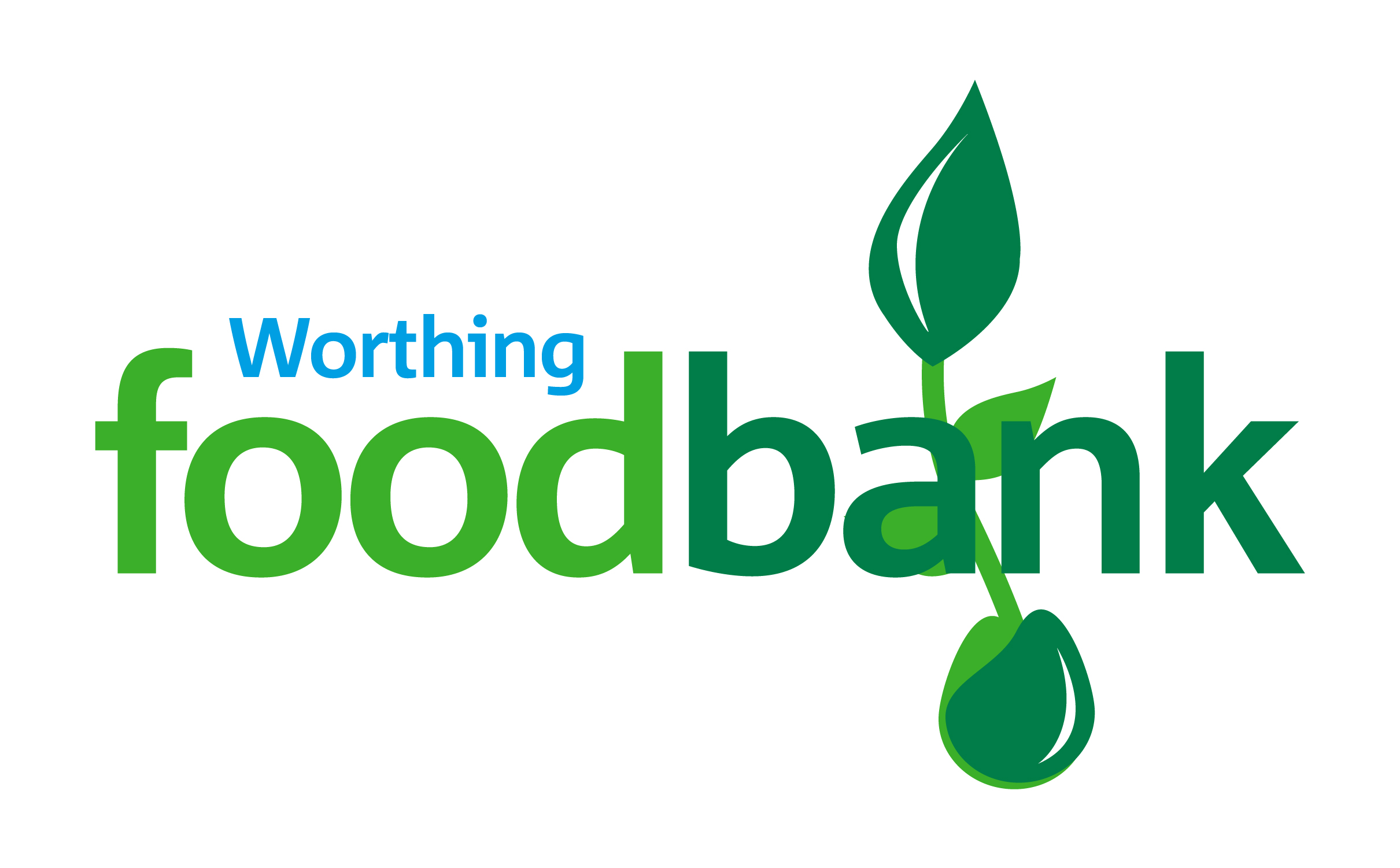
Scale of food insecurity demands long term plan to end the need for food banks.
Figures released today by the Food Standards Agency[i] (FSA) highlight the millions of people experiencing severe food insecurity during the pandemic. Food banks in the Trussell Trust network have seen this crisis first-hand, with the first six months of the pandemic being the network’s busiest ever.[ii]
Levels of food insecurity and need for food banks can be directly linked to the economic consequences of the Covid-19 pandemic. In the first six months of the pandemic the number of people receiving unemployment benefits doubled.[iii] Unfortunately, we know too well that the design of the social security system often puts claimants at risk of food insecurity.[iv]
There is a very real risk that as the support provided by the UK government during this period is wound down, we will see a further rise in food insecurity and need for food banks. These measures have been essential in both mitigating the worst impacts of the pandemic and reversing years of inaction on the level of social security.
Along with our partners, we are urgently calling for the Chancellor to extend the uplift to Universal Credit by 12 months at the very least, preventing people up and down the country from being swept into poverty in the wake of the pandemic. As we move beyond the pandemic we are asking governments at all levels to commit to developing a plan to end the need for food banks.
Government statistics show scale of food insecurity during pandemic.
Today the FSA released their Food and You report, which collected information about people’s eating habits, across July and October 2020. This includes a measurement of food security which is defined as:
‘all people always having access to enough food for a healthy and active lifestyle’.
They found that 16% of adults across England, Wales and Northern Ireland were food insecure. Over one in twenty (7%) classified were severely food insecure. Using these figures, we can estimate that almost 8 million adults aged 16 and over were food insecure in these areas during this period, and almost 3.5 million were severely food insecure.
As an indication of the change in need, data collected in 2018 showed levels of food insecurity at 10%.[v] Due to a change in methodology these figures are not directly comparable to equivalent figures collected pre-pandemic.
People claiming social security not protected from food insecurity.
Over half (54%) of people just receiving income from social security are classified as food insecure, with one in three (31%) classified as severely food insecure. These figures are respectively over three times, and over four times higher than the average.
Clearly the design of the social security system does not provide people the support they need to purchase life’s essentials. Food banks in our network see the consequences of this every day, with the majority of people needing support from a food bank last summer receiving social security (83%).
People with health problems far more likely experience food insecurity
Our existing work shows that both physical and mental health problems are linked to needing support from a food bank. The data released today shows that people in bad or very bad health are more than twice as likely to be experiencing food insecurity (40% vs. 16%) and nearly four times more likely to be experiencing severe food insecurity (27% vs. 7%) than the average.
Families with children more at risk of food insecurity
During the pandemic, food banks in our network have seen a significant increase in the number of parcels that have been distributed to children. The figures released today show that families with children are twice as likely to be food insecure (23% vs. 12%) than households with no children. Similarly, they are more than twice as likely to be severely food insecure (11% vs. 5%).
People identifying as Black or Black British more likely to experience food insecurity.
Multiple reports show that the brunt of the economic and health consequences of the Covid-19 pandemic have not been distributed evenly across society, strengthening existing socioeconomic inequalities. This report underpins these findings.
People identifying as Black or Black British are almost twice as likely (27% vs. 14%) to be reported to be experiencing food insecurity, than people identifying as white. People identifying as of mixed ethnicity are similarly more likely to be classified as food insecure (28% vs. 14%).
These figures cannot be ignored, governments at all levels must take note and commit to developing a plan to end the need for food banks.
It’s time to build a better future together, taking action to create a stronger, more just society where everyone can afford the basics. That’s why we’re urging the public to join our Hunger Free Future movement to help create a UK without the need for food banks once and for all.
[i] Food and You 2 – Wave 1, (2021), Food Standard Agency, https://www.food.gov.uk/research/food-and-you-2/food-and-you-2-wave-1
[ii] Mid-year stats, (2020), The Trussell Trust, https://www.trusselltrust.org/news-and-blog/latest-stats/mid-year-stats/
[iii] Claimant Count, (2021), ONS, https://www.ons.gov.uk/employmentandlabourmarket/peoplenotinwork/outofworkbenefits/datasets/claimantcountcla01
[iv] State of Hunger, (2019), The Trussell Trust, https://www.trusselltrust.org/state-of-hunger/
[v] Food and You 1 – Wave 5, (2019), Food Standard Agency, https://www.food.gov.uk/research/food-and-you/food-and-you-wave-five
